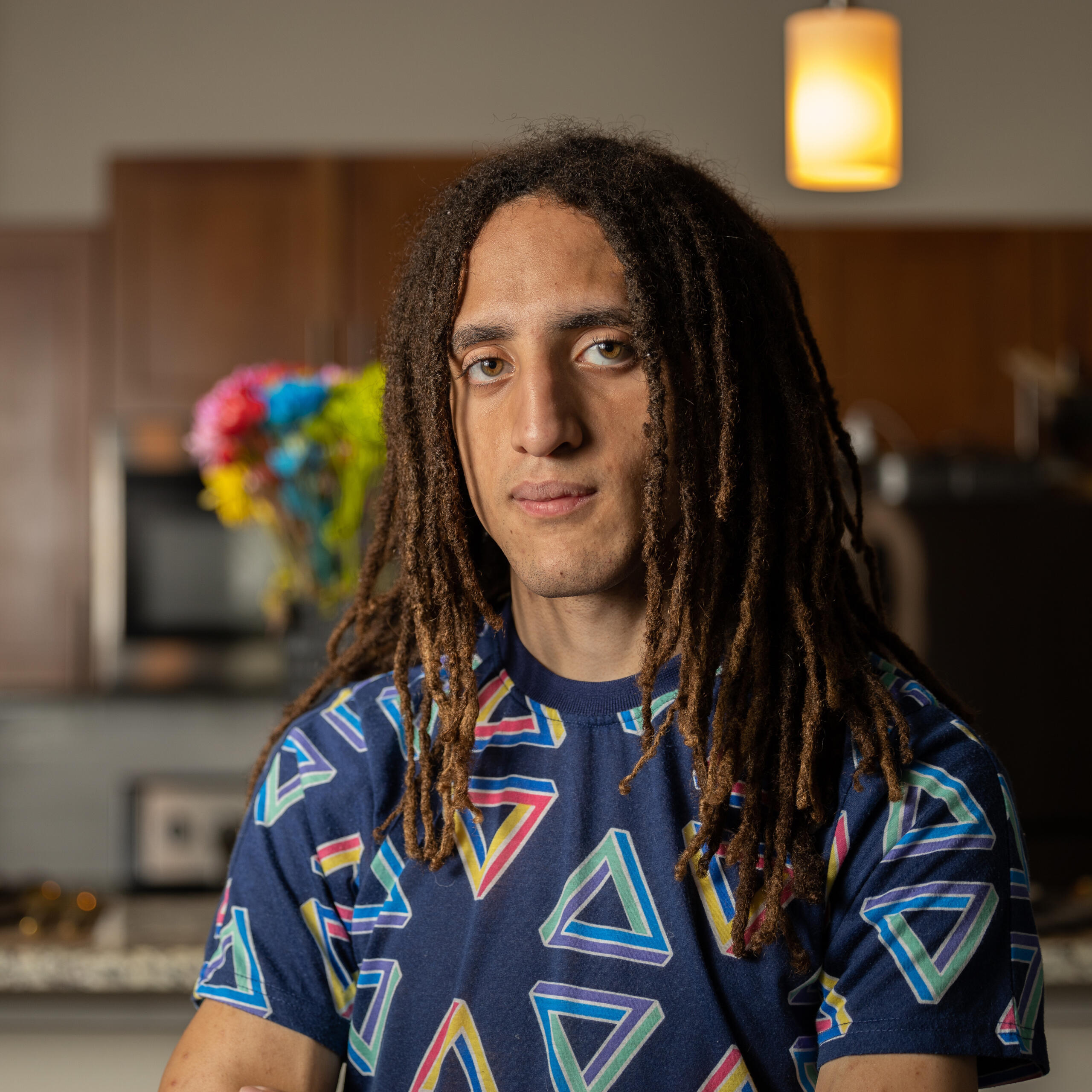
As 2024 rolls in, developments in all aspects of AI continue apace, and it’s clear that we haven’t even begun to scratch the surface of new application ideas and opportunities. The Oori crew has been working on a number of projects, including a fun new product we’re on the verge of announcing. At the heart of almost everything we do, however, is our open source toolkit for large language models (LLMs), OgbujiPT. Last week we released a new version, 0.7.0, with many improvements in its PostgreSQL/PGVector database features, which are key to scalable data processing in our other products. One warning, though: we ended up having to make some incompatible changes in the SQL structures, so databases from 0.6.x will require migration. Proceed with caution if you’ve already been using the PGVector features. We’re working on better documenting such migrations, and helping users automate the process in future.
Processing and managing data is the most critical part of any AI project, and PostgreSQL has enjoyed a long history as one of the best and most reliable ways to manage data, keeping up quite well as formats and techniques constantly evolve. It’s one of the great success stories of open source. The latest OgbujiPT release provides very well tested handler classes for vector database use profiles around documents, messages and other data patterns, easing the process for efficiently and scalably selecting the most relevant context for use with LLMs.
OgbujiPT is a client-side toolkit for using LLMs. You can use it with private, self-hosted models, or with the likes of ChatGPT, Claude and Bard. The latest release, 0.7.1, is available on GitHub and The Python Package Index (PyPI). For a more thorough look at the changes this version, check out the release notes.
About the author

Osi is a backend software and AI engineer, working on the infrastructure behind Oori’s projects and products. Before helping found Oori, they studied mechanical engineering at the University of Colorado.
osi@oori.dev